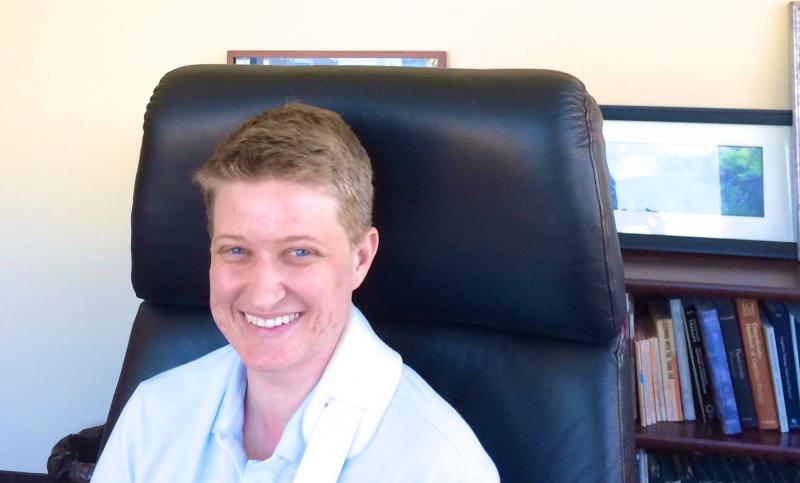Black Transgender Women Face Highest Suicide Rates

White males aren’t the demographic group with the highest suicide rate nationally; the top rank belongs to a particularly vulnerable group: African American transgender women.
One national survey reported that almost half of black transgender respondents attempted suicide, compared to 41 percent of all transgender study respondents. That rate differs sharply with Centers for Disease Control and Prevention studies that show black women in general attempt suicide at a rate of 1.7 percent.
The transgender survey done by the National Gay and Lesbian Task Force found many potential causes, citing the observation that “transgender people of color experience particularly devastating levels of discrimination” as one possibility.
“Isolation: that's a major theme that I hear,” said psychiatric doctoral student Cadyn Cathers, who volunteers at the Los Angeles LGBT Center, which offers services at five locations in the county. Cathers explained that it can be hard “to be a transwoman of color in particular, because you've got misogyny coming at you, you've got transphobia coming at you, and you've got racism coming at you.”
The contrast in suicide rates between African American women and African American transgender women may help highlight the factors that make it more likely for a person to commit suicide.
“I come back to social support,” said Cathers. “It's the ones that are isolated, the ones that are disowned. It's the ones that don't have anyone to call when they're having a bad day."
Transgender groups have the added barrier of mistrusting health professionals, due to a fear that therapists may question the root cause of why the patient is transgender, rather than focusing on issues that make them susceptible to suicide.
“It's not always been trans-friendly,” said Cathers about practicing clinicians with transgender patients. “They might tell them they're not really trans, that it's just because of trauma, or whatever it might be. So it makes sense that they might not feel safe.”
Cathers added that the weight of oppression is counterbalanced by resiliency. “When you're dealing with a world that hates you, getting up out of bed is success," said Cathers. "Trans people are really resilient people. My work can be heavy, but watching people actually be like, ‘I'm going to be myself,’ is really beautiful.”
This multi-media story was produced in collaboration with the 2014-2015 M.S. Graduate Program at USC's Annenberg School of Journalism.



